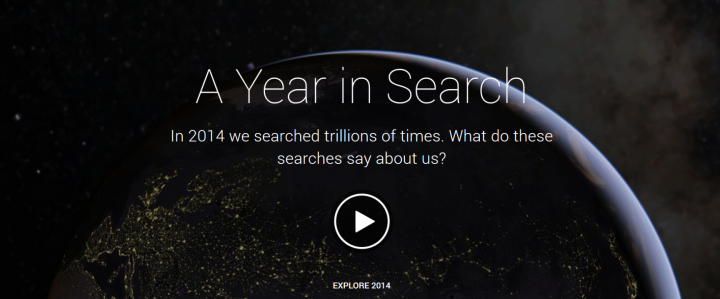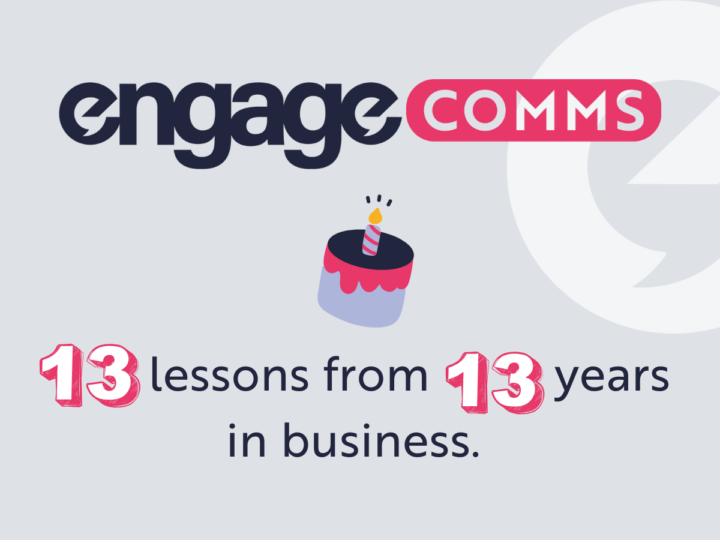Every year, Google releases statistics on the top searches of the last 12 months, providing invaluable global insight into the 3.5 billion questions that are asked every day on the search engine – and they are often full of unexpected surprises! If you haven’t seen it yet, we’d definitely recommend a watch of Google’s #yearinsearch video for 2014 (g.co/2014 http://goo.gl/kKOek4). According to Google, during a year of political unrest and social turbulence across the world, we searched for ‘hope’ more than ‘fear’, ‘things we love’, and ‘greatness’. From celebrating the life of celebrities lost to major sporting achievements, the picture is certainly not a bleak one.
Searching for a resolution?
So why is this information important and what can businesses learn from it? Firstly, the sheer scale of the data available is mind-blowing and can be broken down into specific topic areas, locations, demographics, the list goes on. Whether looking on a global or local scale, the picture that this data paints is about what actually matters to people most – and, interestingly, it is often not what brands and businesses think their audiences want to know about. We often find that clients are falling into the trap that airlines fell into years ago – talking about ‘low cost fares’ instead of ‘cheap flights’ online. Analysing what people are searching for doesn’t just provide insight for search engine optimisation (SEO), it provides insight into how to communicate more effectively with your audiences across the piste by learning to speak their language. Looking at what questions people are asking also provides businesses with the opportunity to spot gaps in the market and provide the answer, even if they are not doing so already.
Are you fluent in customer speak?
Whilst we don’t claim to be SEO experts in the technical sense, as content marketers, we essentially are. After all, there’s no point in producing all singing all dancing content if it isn’t optimised for search as no one will ever find it! It’s not news to anyone that SEO is now all about the quality of your onsite content and it’s so important that your content speaks in the same language as your customer otherwise it won’t come up in their searches.
Effective online communications is all about building a connection with your audience and you can’t do that if you are speaking a different language. When creating online content you need to think about what your customers will be searching for, what will they be asking and how can you make sure you answer them? One of our customers for example is unlikely to search “I need help with my digital communications” but more likely “how to generate more new business leads”. The key is to always focus on the outcome for the customer and not the product or service that you are offering.
Making your online content work harder
If you want your online content to work harder for you and help to generate more new business leads then you have to give it as much attention as your traditional marketing efforts. Setting up a website five years ago and never changing any of its content doesn’t count! If you had a shop you wouldn’t change the window display every five years so why would you do that with your website? Websites that generate leads constantly evolve with interesting, relevant and useful content and rather than reviewing this every few months, you should be doing it every week at least. A blog is a great way of introducing regular fresh content that is topical.
Where are you now?
Whenever we sit down with a client the first thing we suggest before jumping in with any digital comms tactics is to review where they are now in terms of their online presence. How hard is it working and how can it be improved? We are currently offering Yorkshire businesses a FREE audit of their online presence. The audit will include recommendations for improving reputation, engagement and reach via content on your website, social media channels, Google search results and third party sites online.
If you’re interested, email jo@engagecomms.co.uk with ‘free online audit request’ in the subject.




